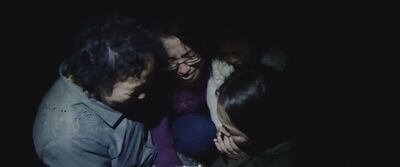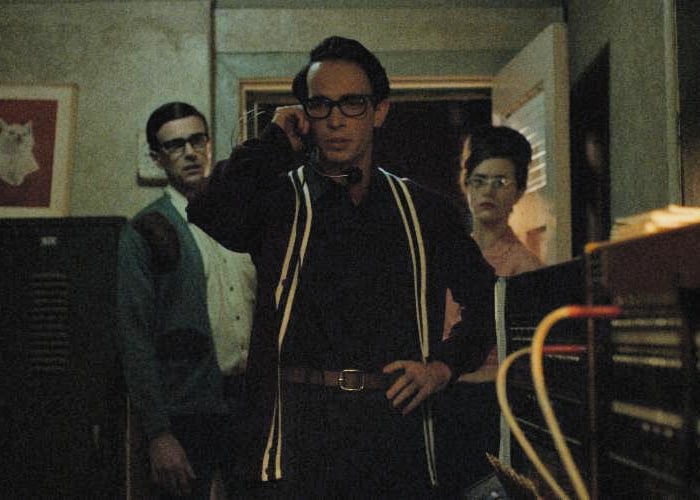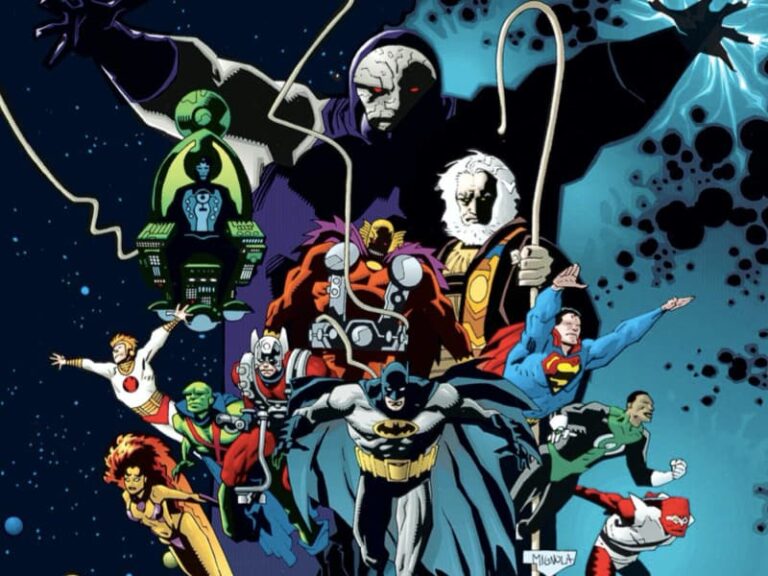THE SOCIAL DILEMMA: Social Media Addiction Doc Is Worth Tweeting About
Director Jeff Orlowski is known for his acclaimed documentaries Chasing Ice and Chasing Choral, films which lucidly capture the rapid erosion of Earth’s glaciers and barrier reefs. For his latest feature The Social Dilemma, he focuses on our broken world once more but takes a step back in examining what could bring about the apocalypse. Something that could be responsible for accelerating not just climate change, but civil war, a crumbling economy, and the erosion of democracy: social media.
Dopamine hits through social currency
The Social Dilemma is every bit as alarming as Orlowski’s nature docs. It’s a great companion to last year’s The Great Hack, and benefits from being more accessible and entertaining with its cogent illustrations and concise interviews. The Cambridge Analytica film was about how our digital data has been stolen and used to manipulate the political system. This one is a prequel of sorts, exploring how the data is created in the first place. It starts with programmers figuring out how to trap us in a loop in which social media activates our dopamine receptors, so we keep browsing to satisfy ourselves.
The filmmaker’s interview a cohort of tech experts who have worked in all the major social media and web search companies. Some of them are responsible for designing the functions that have modified people’s behaviour – something known as persuasive technology – and they can be as small as the satisfying notification sound. They understand how to turn the ping into a constant craving without the user entirely realising so. It makes sense why the weird, non-chronological algorithms of Facebook and Instagram are designed the way they are – every time you refresh, there’s something new.
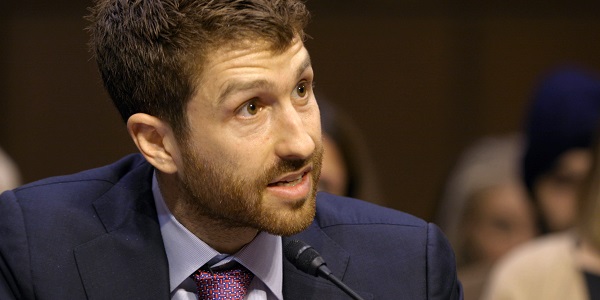
The closest we have to a lead subject is Tristan Harris, a former Google employee, who speaks on the need for ethical design and how he campaigned to implement it at Google. His effort was not successful but he continues to lobby for socially conscious improvements in the tech industry. His entire testimony is a walk-through of Big Tech in which he’s unsure if he helped create the monster or simply feed it. As he succinctly says, social media hasn’t ever been a tool or a platform – it’s its own entity with its own goals, programmed to make you meet them. “How do you wake up from the matrix when you don’t know you’re in the matrix?”
How to beat addiction
Apart from a throwaway line in an early interview about how Facebook has been responsible for reunions and organ donations, the social networks get zero credit. These companies want to control your behaviour, and this is a film that wants you to control your usage. Ironically, though, it exists in a paradox – how will the message of this film be spread if people aren’t tweeting and commenting about it? I suspect Orlowski understands as much – whilst other films about the ills of social media essentially just command you to deactivate your account, this one is much more calculated, advocating better ways to browse.
As the credits roll, the interviewees offer advice on how to improve your relationship with your devices and reject the persuasion of technology to keep you scrolling, liking, and commenting. One such tip is to avoid YouTube’s recommendations, which is exemplified here by basketball star Kyrie Irving admitting he bought into the flat-earth conspiracy theory after “falling down a rabbit hole” of videos.
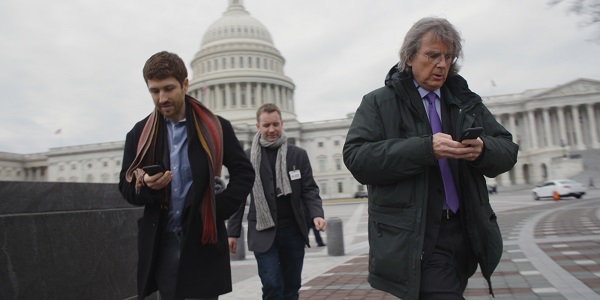
Parallel to the talking heads, there’s a highly contrived dramatisation of a nuclear family of four where the children are more dependent on the support of people online than their own parents. Moonrise Kingdom star Kara Hayward is the daughter with self-esteem issues and her brother Ben (Santa Clarita Diet’s Skyler Gisondo) is hopelessly addicted to his mobile phone, glued to his portfolio of social accounts.
Vincent Kartheiser is the live-action equivalent of the emotions in Inside Out but from the perspective of Ben’s handset, digitally controlling the responses to every touch and glance at the screen, beaming at the vice grip the device has around the user’s fingers and eyes. The documentary elements, including the brilliantly concise animations that accompany each info bite, are so clear and powerful that this narrative element feels superfluous. Furthermore, the execution is pretty clumsy, with dialogue and visuals that are thick on the sort of unbearable moralising that characterised Jason Reitman‘s unsuccessful drama Men, Women & Children.
Conclusion: The Social Dilemma
The Social Dilemma presents a dilemma that every plugged-in person is familiar with, but reels in the perspectives of those who designed the tech to convincingly argue for why the need to change our relationship with social media is so crucial. I suspect a lot of people are going to curb their notifications or delete their social media accounts once they’ve seen The Social Dilemma, a deeply compelling treatise on why we’re so addicted to our devices. At the very least, they’ll have to deal with the nightmarish idea that Pete from Mad Men is behind every click and swipe.
Are you interested in seeing The Social Dilemma? Did The Great Hack affect your usage of Facebook? Let us know in the comments!
The Social Dilemma will be released globally via Netflix on September 9th, 2020.
Watch The Social Dilemma
Does content like this matter to you?
Become a Member and support film journalism. Unlock access to all of Film Inquiry`s great articles. Join a community of like-minded readers who are passionate about cinema – get access to our private members Network, give back to independent filmmakers, and more.
Join now!

